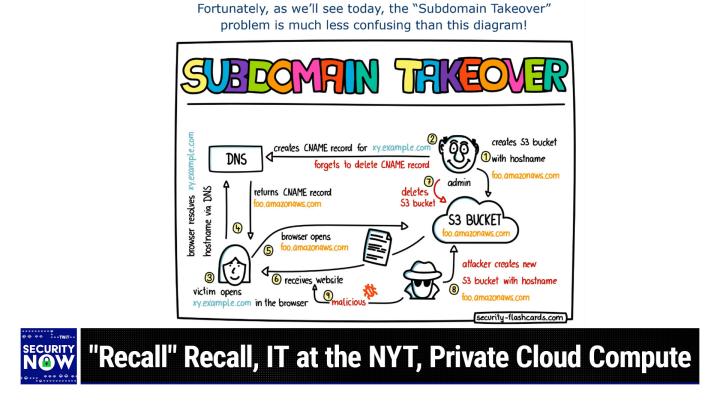Apple's Private Cloud Compute: Balancing Innovation and Privacy
AI written, human edited.
In a recent episode of Security Now, hosts Steve Gibson and Leo Laporte delved into Apple's groundbreaking Private Cloud Compute (PCC) system, dissecting the insights of renowned cryptographer Matthew Green. This new technology promises to revolutionize mobile computing by securely offloading complex tasks to the cloud, but it also raises important questions about privacy and security.
Matthew Green, an associate professor at Johns Hopkins Information Security Institute, shared his thoughts on Apple's PCC through a series of posts on Mastodon. Green acknowledged the need for cloud processing to handle increasingly demanding AI tasks that surpass the capabilities of on-device hardware. However, he also highlighted the inherent risks of sending sensitive data over the internet.
Apple's solution to this challenge is nothing short of extraordinary. The company has designed a system that employs cutting-edge security measures at every level:
1. Hardware Security: Apple performs high-resolution imaging of server components before sealing and activating tamper switches. This process involves multiple teams and third-party observers to ensure integrity.
2. Software Protection: The PCC nodes run stateless software that doesn't retain information between user requests. Each node reboots, re-keys, and wipes all storage after every task.
3. Data Handling: User data is processed solely for the requested task and is immediately deleted after the response is returned. Apple claims that even their staff with administrative access cannot view this data.
4. Transparency: Apple plans to publish software measurements in a tamper-proof log and provide tools for researchers to analyze the PCC node software.
5. Anonymity: The system uses blind signatures and third-party relays to mask users' IP addresses, preventing identification of individual requests.
Steve Gibson expressed admiration for Apple's comprehensive approach, stating, "Nobody has ever done anything like this before." He particularly praised the hardware imaging process as a deterrent against tampering.
However, both Green and the Security Now hosts raised some concerns:
1. Opt-out options: It's unclear whether users can choose not to use PCC for certain tasks.
2. Transparency to users: Apple hasn't announced plans to notify users when their data is being processed in the cloud.
3. Potential for undetected vulnerabilities: The system's complexity could hide "sharp edges" that might be difficult for researchers to identify.
Leo Laporte noted that while this cloud-based approach is necessary for advanced features, the ultimate goal is to bring these capabilities back on-device for both privacy and economic reasons.
Gibson raised an additional concern not mentioned by Green: the potential for other companies to imitate Apple's approach without implementing the same rigorous security measures. This could lead to a false sense of security among users of these lookalike services.
Despite these concerns, both hosts acknowledged the significance of Apple's efforts. As Green concluded, "This PCC system represents a real commitment by Apple not to peek at your data. That's a big deal."
The discussion on Security Now highlights the complex balance between technological advancement and privacy protection. As we move into an era where our devices increasingly rely on cloud processing, Apple's Private Cloud Compute sets a new standard for secure, privacy-focused cloud computing. However, it also underscores the need for continued vigilance and transparency in the tech industry.
For those interested in the cutting edge of mobile security and privacy, this development is certainly one to watch closely.
Become a subscriber and never miss an episode: Security Now
